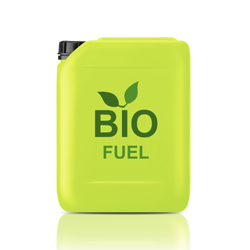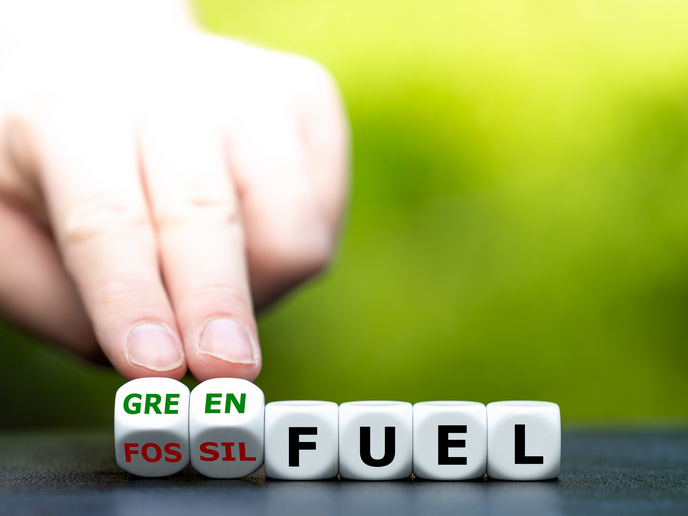Biofuel production that is worth your while
Petroleum, a fossil fuel, is organic matter formed from organisms long dead and biomass is the organic waste of recently dead organisms. It is not surprising, then, that exploitation of biomass is increasingly seen as a sustainable alternative to fossil fuels. In addition, biofuels can, with efficient production methods, produce significantly lesser greenhouse gas (GHG) emissions than fossil fuels. The barrier to date has been low return on investment at biorefineries as fuels are high-volume, low-value products. Sixteen partner organisations have come together on the EU-funded project 'Sustainable products from economic processing of biomass in highly integrated biorefineries' (SUPRA-BIO)(opens in new window) to break down this barrier. Researchers are developing advanced and competitive biorefinery concepts that exploit biomass to produce various compounds and value-added fine chemicals in addition to biofuels. A technology toolbox will facilitate implementation of a selection of various critical unit operations according to a region's biomass feedstock for an integrated biorefinery scheme. Lignocellulosic biomass from woody plants is a primary source and yields all three classes of chemical products. Biomass sugars are being converted into the fuels — ethanol and dimethyl ester. Genetics techniques are proving fruitful in the development of bacterial and fungal strains that produce organic acids from the biomass sugars. Lignin from the lignocellulosic biomass has been analysed for use in healthcare and other products, whereas low-lignin pulp has been used to produce adhesive nanocellulose composites. Oilseed and wastewater processing routes are underway to produce biofuels, and algal biomass is being processed to yield value-added chemicals, including volatile fatty acids and proteins. During the third year of the project, the team identified ethanol production with utilisation of waste as the most mature integrated biorefinery concept. SUPRA-BIO is delivering an integrated biorefinery concept to profitably produce biofuels from organic waste. Successful project outcomes will ensure that this eco-friendly technology will sustainably meet the energy needs of the world while reducing dependence on fossil fuels. Economic incentive for investment comes from the simultaneous production of intermediate and value-added chemicals.







